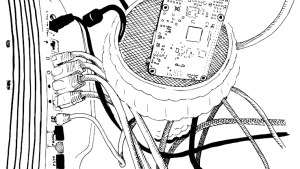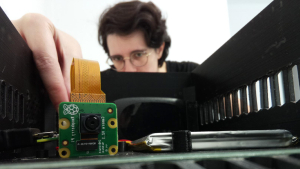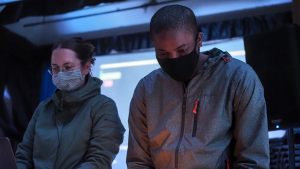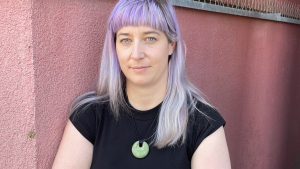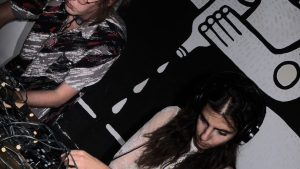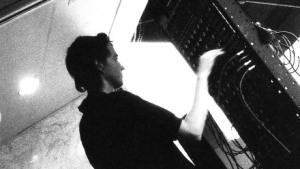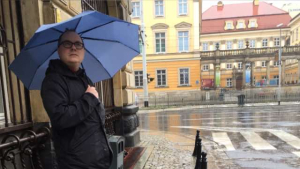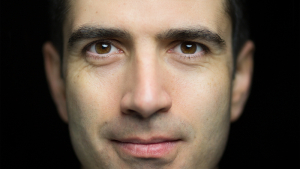A Traversal Network of Feminist Servers (ATNOFS) is a collaborative project formed around intersectional feminist, ecological servers.
Understanding servers as computers that host space and services for communities around them, this project exists inside, and in between, roaming servers and different networks.
Our decentralized programme occurs throughout 2022 in 5 locations (The Netherlands, Belgium, Romania, Greece, Austria) with the collaboration of 6 partners (Varia, LURK, Constant, HYPHA, Feminist Hack Meetings, and ESC).


